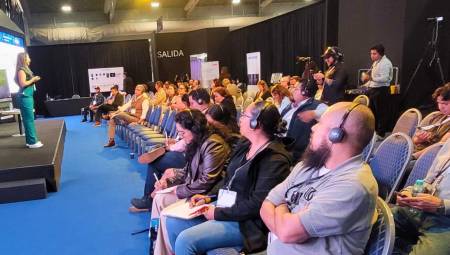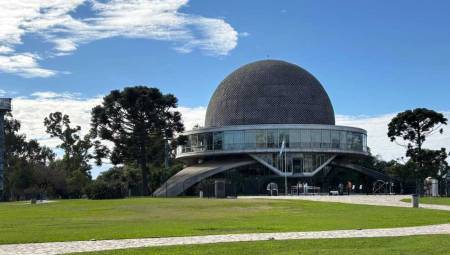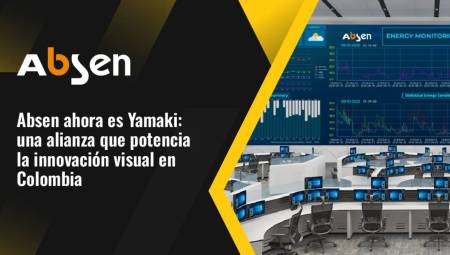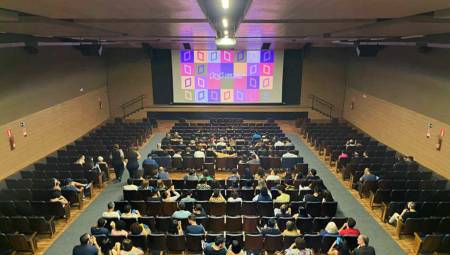Latin America. According to Barco, the optimization of workflows in the control rooms of utilities has a direct relationship in the good management of renewable energies.
For Barco, the renewable energy boom specifically requires utilities to optimize their control rooms. Since they are responsible for monitoring traditional energy sources and new alternatives, which implies that they must update their management systems, in addition to doing so according to the workflow of their operators.
Barco says: "Utilities are gradually diversifying their energy portfolios and this is why operators of the companies' control centers need to monitor a variety of energy assets, be it hydroelectric, solar, wind and geothermal, in addition to traditional energy sources."
In that sense, he accepts that this new work paradigm implies a challenge for control rooms, when it comes to achieving efficiency and optimizing workflows in real time between the demand of the network and the supply of energy.
Streamline workflow
Barco's proposal is that operators organize their different applications and sources in a single view, that is, on a video wall, this in order to have a general and at the same time accurate description of each of the sources of video, images and data. Additionally, it emphasizes that the software for such walls must allow the operator to monitor the content simultaneously.
In that sense, he points out that his solutions for operator workspaces in energy flow companies, such as OpSpace, make the integration of traditional and renewable energy information systems much easier.
According to Manuel Navarrete, sales manager at Barco Colombia, with this solution "operators can create and organize their personal workspace, reduce navigation time and improve efficiency in any situation."
And he was insistent that "for 2022, it is essential that renewable energy centers seek transformation through control room technologies that will allow them to make processes more efficient and reduce risks, in this way, it will be possible to guarantee the continuity of essential services, for the development of Latin American regions."









































































































